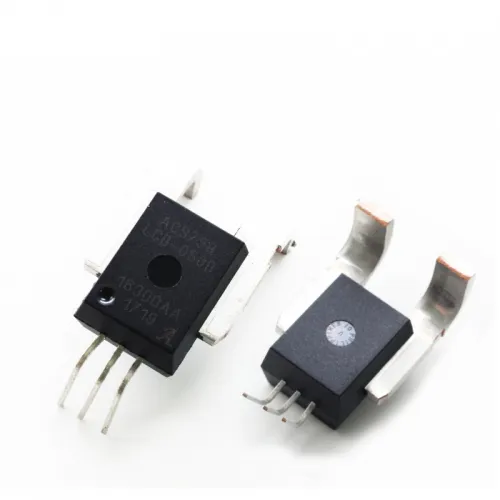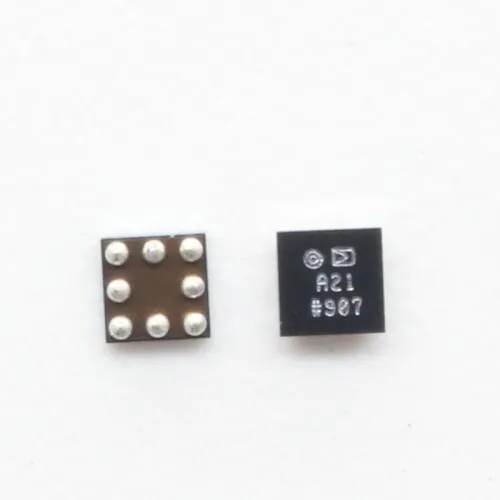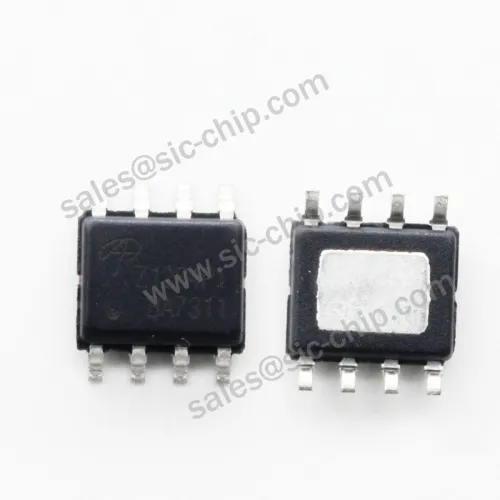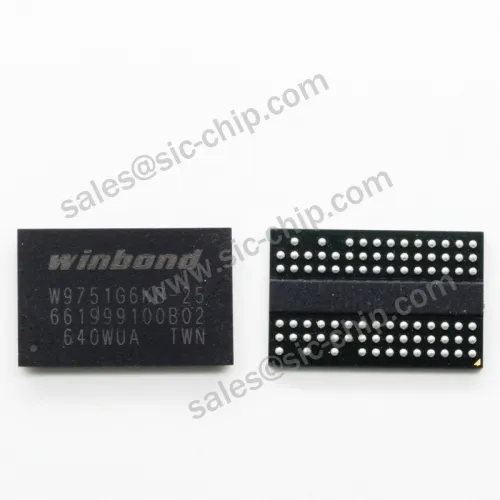 Microchip PIC18F2321-I/SS Microcontroller
Microchip PIC18F2321-I/SS Microcontroller
Mar .17.2025
Ideal for power-conscious applications such as battery-powered devices, the PIC18F2321-I/SS includes advanced low power oscillator controls and an 8 MHz internal RC oscillator. Its feature set makes it suitable for a variety of industries including instru
 ONSemi RURG3060CC - Rectifier Diodes
ONSemi RURG3060CC - Rectifier Diodes
Mar .14.2025
The ONSemi RURG3060CC is an ultrafast dual rectifier diode. It features a fast reverse recovery time of 60 nanoseconds at a forward current of 30A, a low forward voltage drop of 1.5 volts at 25°C, and a high reverse voltage rating of 600V. It's suitable f
 SN74LV8153N Texas Instruments - Shift Registers
SN74LV8153N Texas Instruments - Shift Registers
Mar .12.2025
The Texas Instruments SN74LV8153N is a serial-to-parallel data converter. It features single-line serial data input compatible with UART format, has flexible address programming via A0 - A2 pins, offers selectable open-drain or push-pull outputs, and inte
 TC4427EPA Microchip - Gate Drivers ICs
TC4427EPA Microchip - Gate Drivers ICs
Mar .10.2025
The TC4427EPA is a high-performance MOSFET driver that offers exceptional speed and efficiency for demanding applications. With its wide voltage range and high peak output current, this driver is ideal for power electronics and motor control systems that





 Microchip PIC18F2321-I/SS Microcontroller
Microchip PIC18F2321-I/SS Microcontroller
 ONSemi RURG3060CC - Rectifier Diodes
ONSemi RURG3060CC - Rectifier Diodes
 SN74LV8153N Texas Instruments - Shift Registers
SN74LV8153N Texas Instruments - Shift Registers
 TC4427EPA Microchip - Gate Drivers ICs
TC4427EPA Microchip - Gate Drivers ICs